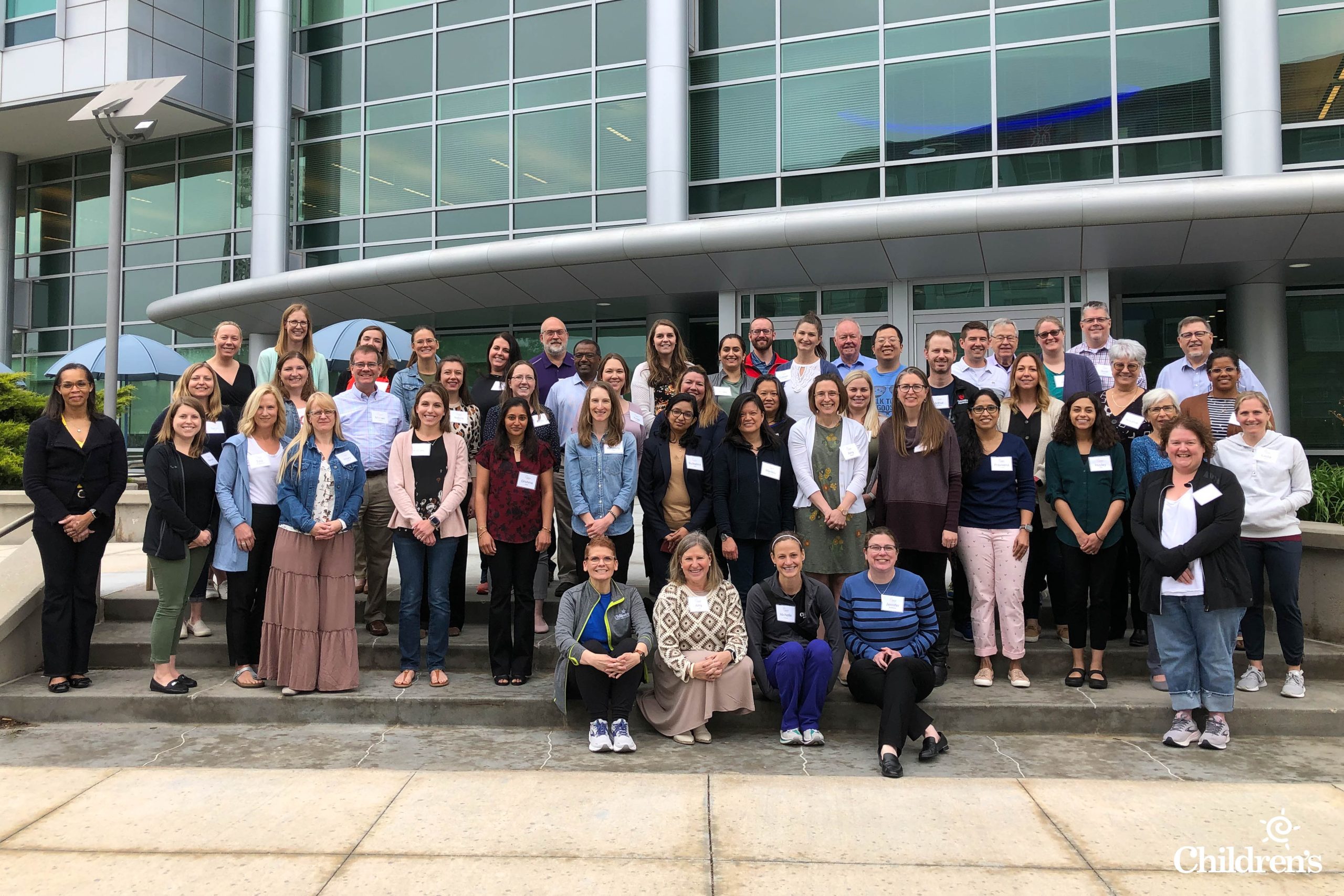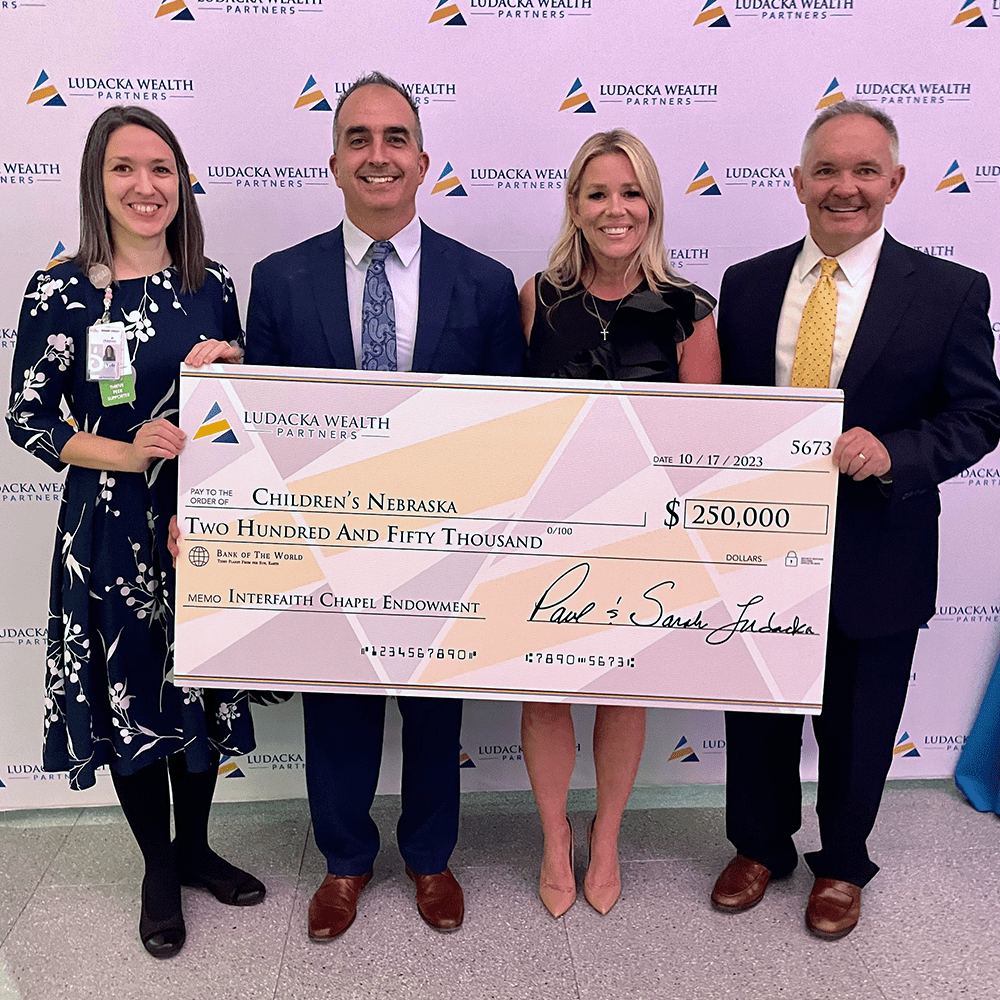One-third of Nebraska counties lack a behavioral health provider. To address this shortage and the pediatric mental health crisis nationwide, Children’s Nebraska has launched a new multi-year effort to educate Nebraska providers through Children’s Outreach for Provider Education (COPE) program. Forty-five Nebraska primary care providers gathered May 5-7 in Omaha for a three-day intensive training opportunity, becoming better equipped to identify, treat and manage pediatric mental health conditions seen every day in their practices. In addition to on-site education and training, COPE will also provide clinical participants with ongoing rapid consultation and referral and linkage services to provide the best care for pediatric patients and families.
 Children’s partnered with The REACH Institute for the first COPE training. Providers learned how to assess and manage conditions like depression, anxiety, bipolar disorder, ADHD and suicidality in a pediatric population through lectures, table activities and role playing. COPE staff will continue to support them after the training by offering access to child and teen psychiatry consults.
Children’s partnered with The REACH Institute for the first COPE training. Providers learned how to assess and manage conditions like depression, anxiety, bipolar disorder, ADHD and suicidality in a pediatric population through lectures, table activities and role playing. COPE staff will continue to support them after the training by offering access to child and teen psychiatry consults.
“We need to rethink how care is delivered, and who best to meet the needs of families than the primary care providers in their own communities—the providers they trust and have established relationships with,” said Jennifer McWilliams, M.D., Children’s division chief of Pediatric Psychiatry and medical director for COPE. “Providers can call in with therapeutic questions, check dosing for more complicated cases or request a Mental Health Navigator to help patients transition to higher levels of care. We want to train primary care providers, but we also want to ensure they feel supported and have the right tools available to make clinical decisions that follow best practice.”
The training by REACH Institute faculty was the first of two offered in Nebraska in 2023, with a second planned for late fall.
 “ARPA funding from the Nebraska State Legislature made the training possible, and is supporting the start-up of COPE,” explained Kathy English, Children’s executive vice president and chief operating officer. “That important funding, along with a workforce grant from the Behavioral Health Education Center of Nebraska (BHECN), will allow us to train 200 primary care providers in COPE’s first three years – significantly expanding our mental health workforce as we work to address the pediatric mental health crisis.”
“ARPA funding from the Nebraska State Legislature made the training possible, and is supporting the start-up of COPE,” explained Kathy English, Children’s executive vice president and chief operating officer. “That important funding, along with a workforce grant from the Behavioral Health Education Center of Nebraska (BHECN), will allow us to train 200 primary care providers in COPE’s first three years – significantly expanding our mental health workforce as we work to address the pediatric mental health crisis.”
Programs like COPE have been implemented in 38 states nationwide. A federally funded research study using Medicaid data found that trained providers reduced costs by $120 per patient – an average of $6,000 per provider – per year. The savings resulted from decreased medication use and costs and fewer specialty mental health referrals. 1
1. Domino et al., 2012. Changes in ADHD prescribing after psychotropic medication training. In Scientific Proceedings of the Annual Research Meeting, American Public Health Association, San Francisco.



